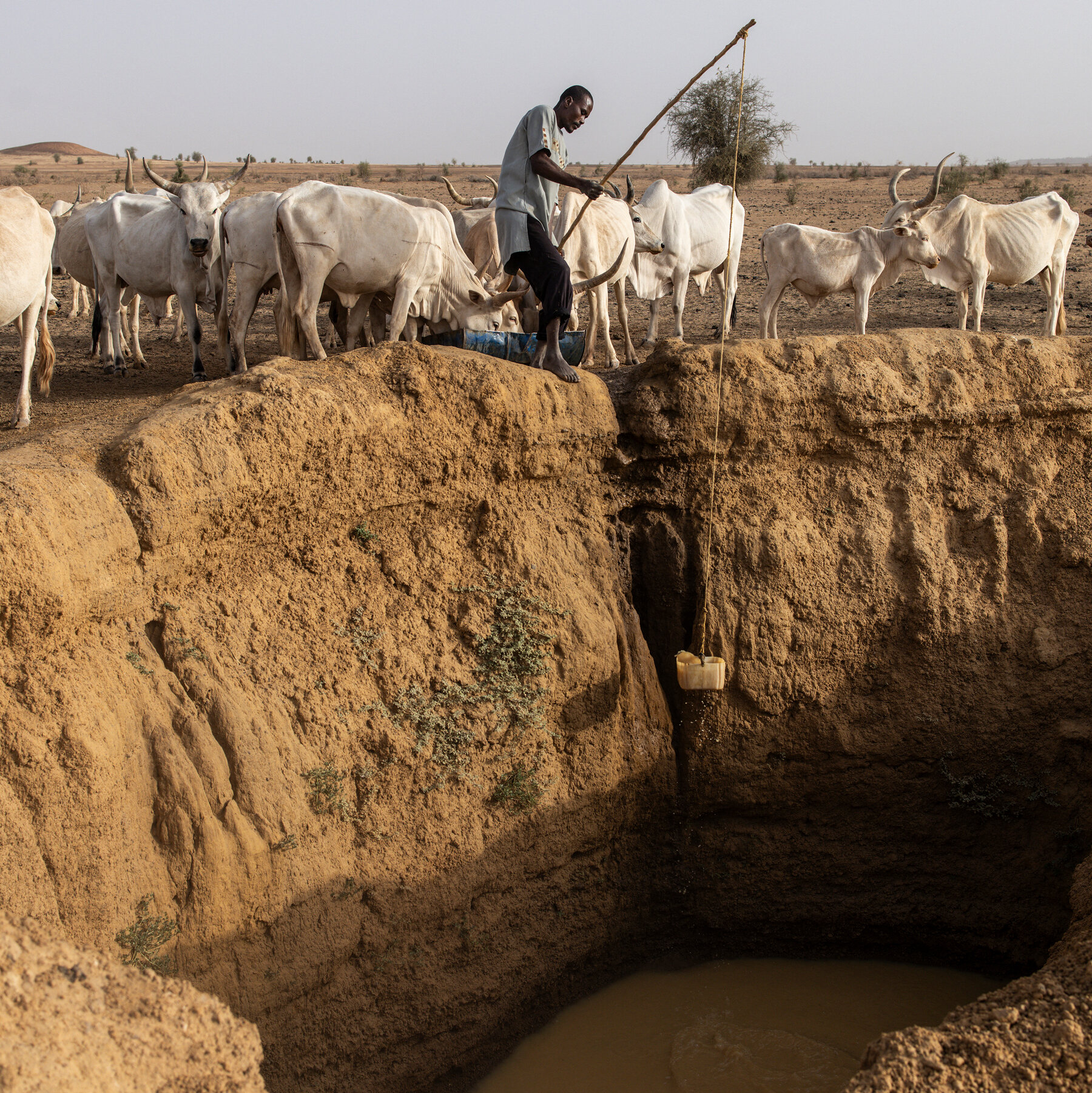A recent report from the United Nations indicates a significant decline in funding meant to assist developing nations in adapting to climate-related challenges. Despite a commitment made by wealthier countries during the 2021 climate summit in Glasgow, the goal of providing $100 billion annually to these nations remains at risk of not being fulfilled.
The report highlights that financial assistance aimed at helping poorer countries manage the impacts of climate change, including extreme weather events, is falling short. This shortfall poses severe risks, particularly for nations in the Global South, which are often the most vulnerable to climate-related disasters.
According to the Organization for Economic Cooperation and Development (OECD), funding for climate adaptation has decreased significantly in recent years. In 2022, only $24.5 billion was allocated for adaptation efforts, a noticeable drop from previous years. This decline raises concerns about the ability of these nations to effectively respond to escalating climate threats, such as droughts, floods, and rising sea levels.
The commitment made in Glasgow was part of a broader international effort to address climate change, emphasizing the need for financial support to help developing countries reduce their vulnerabilities. Yet, the current trajectory suggests that many of these nations may struggle to secure the necessary resources to implement effective adaptation strategies.
The U.N. report also points to the growing gap between the funding that is promised and what is actually delivered. While rich countries have pledged substantial sums, the reality reflects a different picture. For instance, the funds disbursed in 2022 fell far short of the target set during the COP26 summit, which aimed to mobilize significant financial resources for climate adaptation.
As climate disasters become increasingly frequent and severe, the need for robust financial support is more urgent than ever. The consequences of insufficient funding could have dire implications for millions of people living in vulnerable regions, where livelihoods depend on stable weather patterns and reliable resources.
In light of these findings, the U.N. calls for immediate action to bridge the funding gap. The organization stresses the importance of meeting the financial commitments made by wealthier nations to ensure that developing countries can effectively cope with the challenges posed by climate change. Without adequate support, the goals of the Paris Agreement and global climate resilience efforts could remain unattainable.
As discussions around climate financing continue, the U.N. urges all stakeholders to prioritize adaptation funding, particularly as the world grapples with the growing impacts of climate change. The future of many nations may depend on the commitment of richer countries to fulfill their promises and support those most affected by climate-related disasters.







